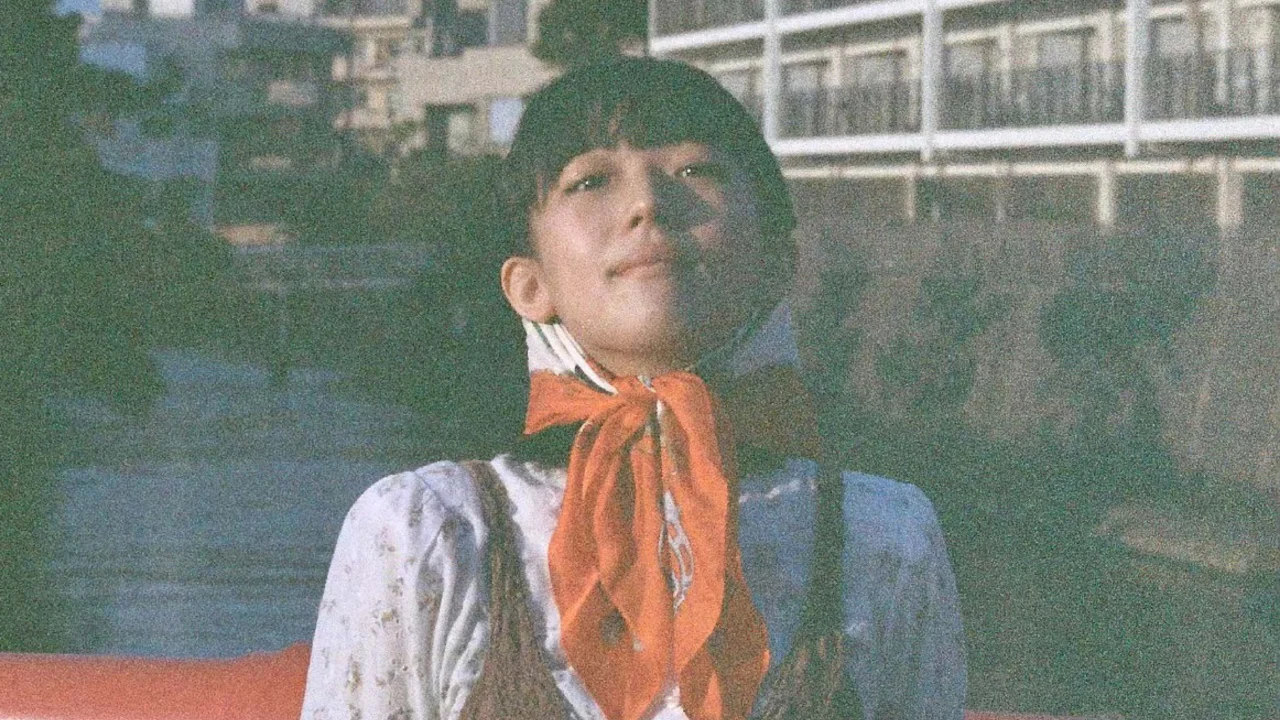INDEX
Emerging Trends: The Youth-Led Future of Festivals
-In “The Sociology of Rock Festivals: On Festivals in an Individualized Society” (2016, Minerva Shobo), I argue that since the collapse of the bubble economy, festivals have spread in a way that resonates with the lifestyles and values that young people are demanding. Nagai discussed the connection between the millennium generation and festivals. How do you think festivals will be linked to Generation Z, which will be the future leaders of the festival industry?
Nagai: I think that generation and festivals are linked, and I think this is true in reality as well. The Los Generation generation went to “Fuji Rock” and created “Fuji Rock”-like events, whether large or small scale, and I think that has been the situation until recently.
So how will Generation Z get involved in the future? I think more and more people will be in the position of senders.
– By ‘sender,’ are you referring to the side of the artists?
Nagai: The organizers and artists. I think that festivals themselves originally contain a lot of Generation Z values and characteristics of contemporary society. For example, liberalism and diversity, and also mobility. I think it’s similar to the open world of video games, where you can move within a certain range and there is no set storyline. Young people are exposed to that early on, so I think they can get used to it sensibly.
Also, some of the students around me are working in the event industry, and the children of the festival organizers are growing up. I think it would be interesting to have a festival as a place to return to, where children who have been brought to festivals since they were little can grow up and volunteer with their friends or help out at festivals even after they are on their own.

I think that many of the participants come with their families, not just the festival organizers. It seems like there could be a future where children who are brought by their parents become festival bearers.
Nagai: I think that young people becoming bearers of the festival is linked to the genre and message of the festival, as they are exposed to a large amount of information quickly through SNS and other means, and they become familiar with Asian artists and other genres of music, which will lead to a festival with more diversity.
On the other hand, although there is access to a wide variety of information, there is also the concern that the festival has become an octopus, with the focus concentrated on the domestic scene. The majority of movies in the rankings are Japanese, and there is an atmosphere in which only Japanese music is acceptable, which worries me.
You talked about the future of festivals in which Generation Z will be the senders. What do you think is the best way to increase the number of new young people at existing festivals, which are maturing as they become multigenerational?
Nagai: As I mentioned earlier, I think there are methods to attract new customers by mixing genres. However, it cannot be said that changing performers is generally a good idea, so it is difficult to find the right balance between the two.
It is a difficult problem. If the performers become fixed, only customers with the same tastes will come to the show, which means that it will become an inner circle, right?
Nagai: Of course there should be such festivals, but I think there should also be festivals that don’t. Currently, one person can go to many festivals. Currently, I think that one person goes to many festivals.
Some are genre-specific, some are mixed, some are large-scale, and some are local.
Festivals themselves are diversifying, so there may be no need to diversify the content. Still, there seem to be two trends: one to diversify and the other to ensure specialization.

























